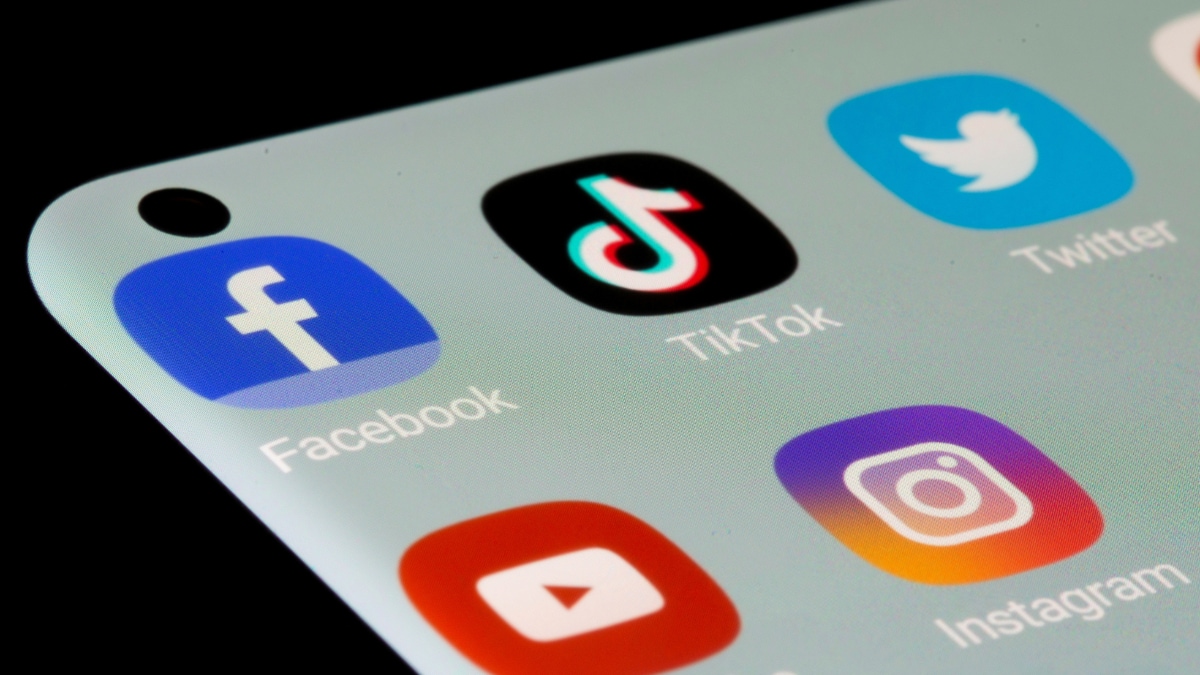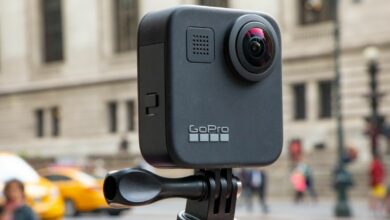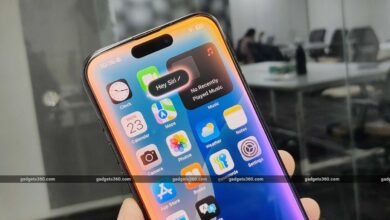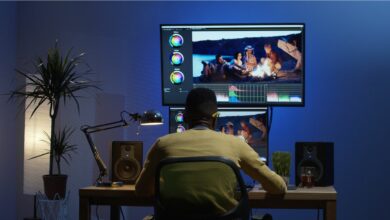Australia plans minimum age for social media, angering digital youth advocates

Australia is planning to impose a minimum age for children to use social media, a move that has raised concerns about their mental and physical health. Digital rights advocates are pushing back against the move, warning that it could make dangerous online activities illegal.
Prime Minister Anthony Albanese said his centre-left government would trial age checks before introducing minimum age laws for social media this year.
Albanese did not give a specific age, but said it was likely somewhere between 14 and 16.
“I want kids to put their phones away and go to the football fields, the swimming pools and the tennis courts,” Albanese told the Australian Broadcasting Corp.
“We want them to have real experiences with real people because we know that social media is causing social harm,” he added.
The law would make Australia one of the first countries in the world to impose an age restriction on social media. Previous attempts, including one by the European Union, have failed after complaints that it would restrict the online rights of minors.
Meta, which owns Facebook and Instagram and has a self-imposed minimum age of 13, said it wants to empower young people to take advantage of its platforms and provide parents with the tools to support them “rather than just shutting down access”.
YouTube owner Alphabet did not respond to a request for comment and TikTok was not immediately available for comment.
Australia has one of the most online populations in the world, with four-fifths of its 26 million people on social media, according to tech industry figures. Three-quarters of Australians aged 12 to 17 had used YouTube or Instagram, a 2023 study by the University of Sydney found.
Albanese announced the age restriction plan against the backdrop of a parliamentary inquiry into the effects of social media on society, which has included sometimes emotional testimonies about the negative impact of social media on the mental health of teenagers.
However, the research also raised concerns about whether a lower age limit could be maintained and, if so, whether it would inadvertently harm younger people by encouraging them to hide their online activities.
“This impulsive move … risks causing serious harm by excluding young people from meaningful, healthy participation in the digital world and potentially pushing them into lower-quality online spaces,” said Daniel Angus, director of the Digital Media Research Centre at Queensland University of Technology.
Australia’s internet regulator, the eSafety Commissioner, warned in a submission to the inquiry in June that “disability-based approaches could limit young people’s access to crucial support” and force them into “less regulated, non-mainstream services”.
The commissioner said in a statement on Tuesday that it “will continue to work with stakeholders across government and the community to further refine Australia’s approach to online dangers”, which “can compromise safety across platforms at any age, both pre-teen and post-teen”.
DIGI, an industry body representing social media platforms, said the government must listen to “expert voices, such as the eSafety Commissioner… mental health experts, but also LGBTQIA+ and other marginalised groups who have raised concerns about bans, so that we don’t inadvertently push our children into unsafe, less visible parts of the internet”.
© Thomson Reuters 2024
(This story has not been edited by NDTV staff and is auto-generated from a syndicated feed.)




